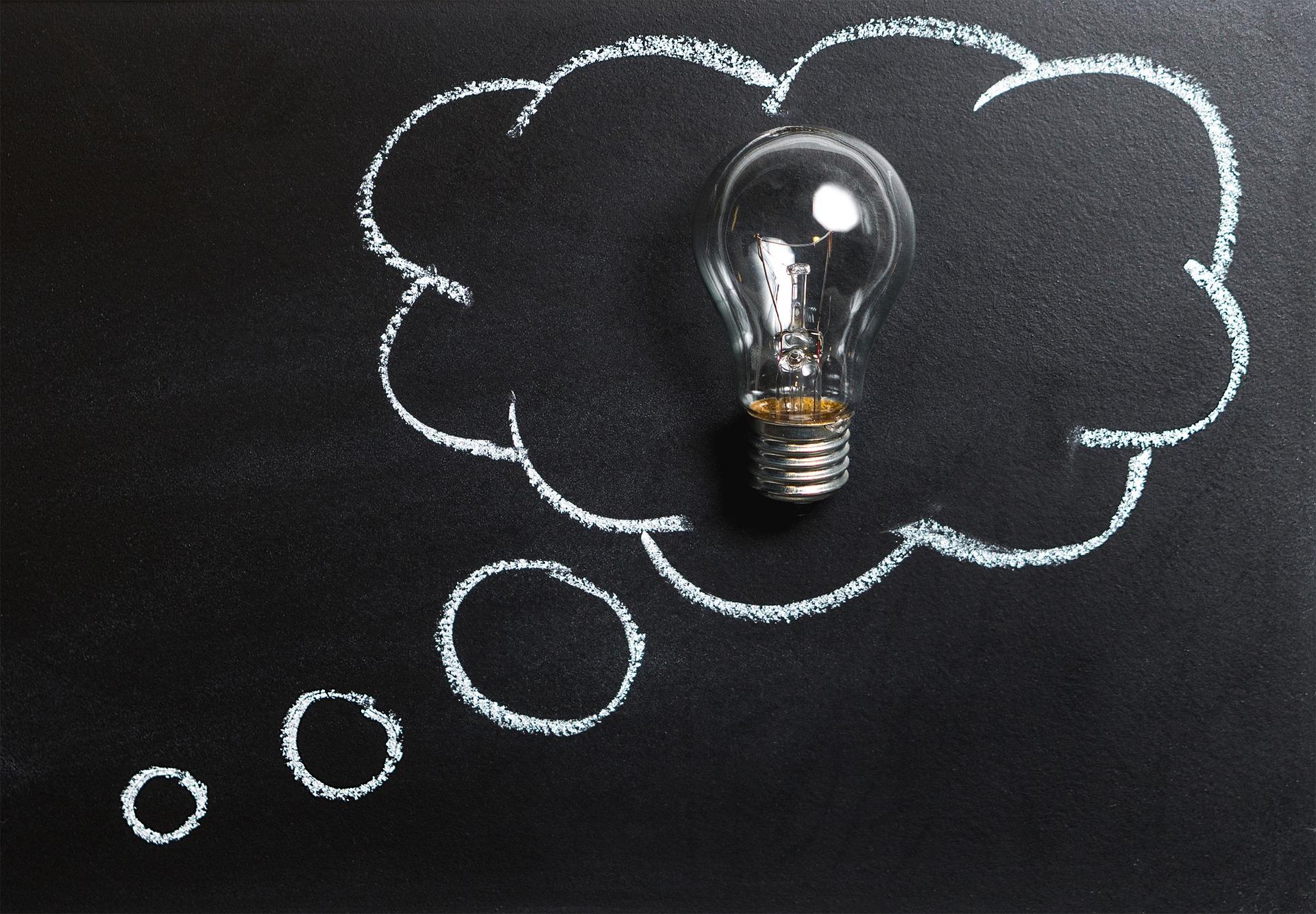Is change new normal?

There has always been change in shipping: ships are getting bigger, ports are getting smarter, distances are getting longer, costs are getting cheaper through the constant innovation. The change has always been there, but the pace of change was slow compared to many other industries. Planning for 20-year life span of a vessel, maybe it was of nobody’s interest to innovate to fast and render older their own fleet obsolete. Most obvious example of this innovation is when ships were mounted diesel engines instead of sail sending old sailing ships to museum. Innovating slower made it easier for ship owners to foresee the changes.
Now is different. Innovation is happening in faster and foreseeing even five years ahead. Even next year is hard to predict. What to invest in now to stay relevant even in short term? LNG-ships or autonomous ships? Or maybe block chain or big data? All of the aspects are so big issues on their own, it seems impossible to invest on all of them at once. Especially, when at the same time you should be thinking how to cut CO2 emissions and how to comply with the sulfur cap in first day of 2020. Not an easy task to predict this many aspects at once.
LNG is a new technology allowing greatly reduced CO2 emissions compared to conventional liquid fuels. This would be advantageous in case of global scheme penalizing CO2 emissions. Some innovation in storage and cooling of the LNG are required to make it commercially viable. LNG seems to be exactly what shipping needs to reduce emissions and meet the targets of CO2 reduction, but this research in LNG is far from being cheap and prices of current LNG tankers are multiple times of conventional vessels. Would better to focus on innovation in propulsion and hull structures which could well provide sufficient reduction of fuel consumption and CO2? LNG technology need years of development to be commercially viable.
Autonomous vessels would provide great cost reduction as well as improve safety of sea trade. Sounds like something every ship owner would like to get. Developing and licensing such software allowing autonomous navigation of megaships is going to cost astronomical figures at least in the short term. How would insurance for autonomous ships work out? Malfunction of a fully loaded 20,000+ TEU vessel without a crew in middle of Pacific Ocean would be a hard to handle. Can autonomous ships handle storms reliably? Technology is far from being ready and major investment on innovation is required.
Investing in big data and IoT technologies to make best use of global fleet has been hot topic lately. Learn from machine learning to optimize usage of the ship and maximize revenue, reduce idle times and turnaround times, learn to predict where to move the vessel for best spot cargoes. Proponents of machine learning technologies say they can predict the future. Excellent news for ship owners again! Not many possess enough data gathering techniques of knowledge on what data to gather. What data should be fed to the system in a first place? Whole big data hype has lot of promises but finding out what it really can do will take more time and investment.
All of these three upcoming innovations provide entirely different possibilities for the future of shipping. How can shipowners choose which path to take? Is it better to fully focus on one and ignore the rest? If so, which one should they focus? Or is better to go for evenly investing on technologies in all fronts, or will that result in so modest investment it won’t carry any results?
As change seems to be a new normal, one thing is for sure: Ports and ships must cooperate to find the best mix of innovation. Ports with top-tier autonomous infrastructure and data-mining capabilities do not provide much value for ships that have not invested for receiving such services. Same is true for LNG refueling infrastructure, which is only needed if vessels decide to pursue the future involving with LNG powered vessels.
About Author

Tuomo Keltto
Tuomo Keltto is a logistics engineer who continued his studies in Seoul, South Korea. He studied at the Korean Government scholarship for a Master's degree in international trade and logistics. Now he is back in Finland and he works at Neste in Porvoo. - He has previously been in Steveco Hietanen for three summers as a temporary stevedore and as a foreman for one summer.
